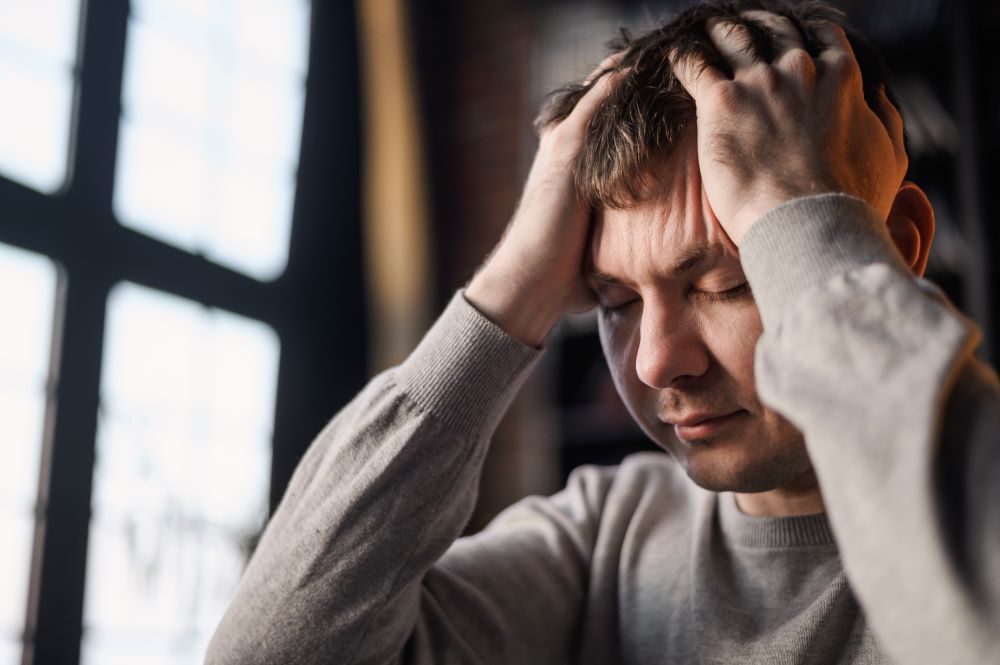Major depressive disorder is a very common mental illness, and unfortunately it can also be extremely debilitating. Depression gets in the way of everything you do in your life, from the time you wake up in the morning to the time you go to sleep at night. Luckily, we live in a revolutionary time for mental health awareness and treatment, and finding resources to treat and manage your depression is easier than it’s ever been.
Antidepressant medications are often the first line of defense against this condition, but for some people, these drugs don’t make a significant impact. These cases are referred to as “treatment resistant depression” and they can leave sufferers at a loss for what to do. If you’re struggling with treatment resistant depression, try not to feel discouraged! There are still avenues open to you to find relief. There are several alternative courses of action to consider if you and you and your doctor try out different types and dosages of antidepressants and over time, have found that they don’t work for you. Here are a few of them!
Alternative Medications
While the antidepressant class of medications might not affect you the way you need it to, or might cause especially debilitating side effects in your case, there are other medications that can be used to treat depression that may help you. Certain antipsychotic drugs might be helpful, as well as dopamine-boosting drugs. Ketamine therapy is also an option, and stimulant medications like those commonly used in the treatment of attention disorders might be able to give you the results you’re looking for. These options should be carefully discussed and considered with your doctor, who will help you decide on the best course of action.
Therapy
Oftentimes, depression is not a completely internal experience. Environmental factors like the level of stress or unhappiness in your life can play major roles in how you experience depression and how difficult the condition is to manage, and if you’re finding that these factors in your life are too much of an influence for just antidepressants to help you feel better, you might consider therapy as an option.
There are dozens of different modalities that therapists use to treat depression, and finding the therapy type and the therapist that works for you can take time as well as trial and error. However, with the right fit, you can make major progress in developing coping strategies and finding ways to combat stress, anger, and sadness in your life. Therapy is best used alongside other depression treatments as opposed to by itself to help you see the best results.
Transcranial Magnetic Stimulation
Transcranial magnetic stimulation, or TMS, is a type of treatment that places magnetic fields against the head to stimulate certain portions of the brain that are thought to control your mood. TMS treatment plans often have you coming into a doctor’s office on a regular basis for about an hour to receive treatment. The treatment is noninvasive, and although it can cause some minor side effects like headaches, is generally considered safe. It’s commonly used in cases of treatment resistant depression as well as OCD, and may help you to find some relief.
Clinical Studies
The medical field is making advances all the time, and if you want the opportunity to try treating your depression with the most cutting-edge drugs available, you could consider enrolling in a clinical trial like the ones at Lehigh Center for Clinical Research. Here, you have the opportunity to meet with a board-certified physician at no cost, and to try depression treatments that are newer and more advanced than other treatments you may have tried. If you’re interested in pursuing this, contact us with any questions and think about enrolling!







